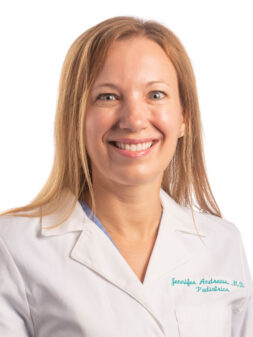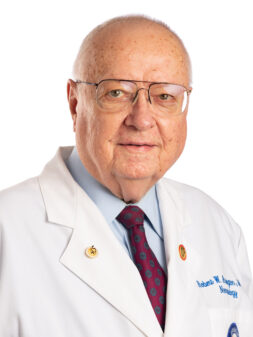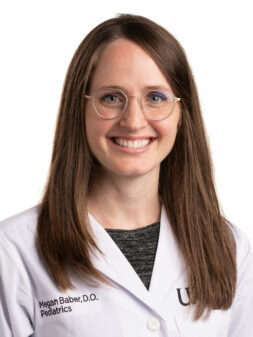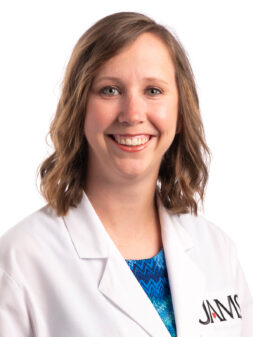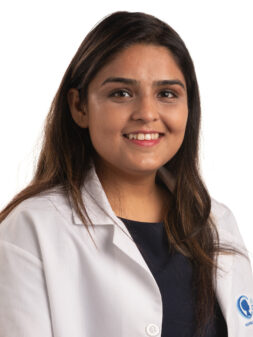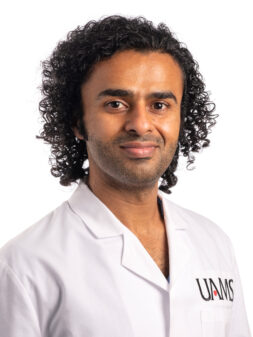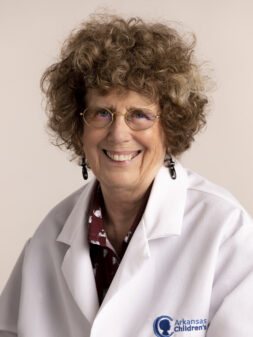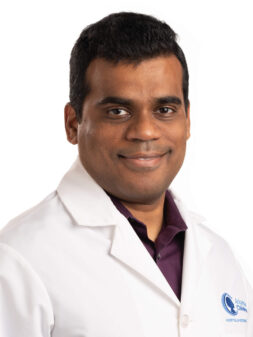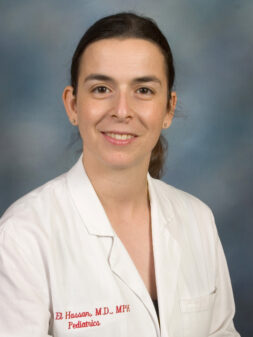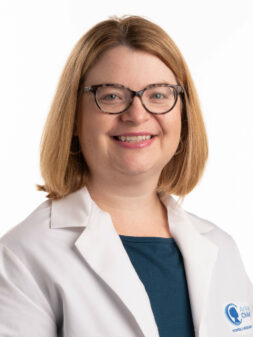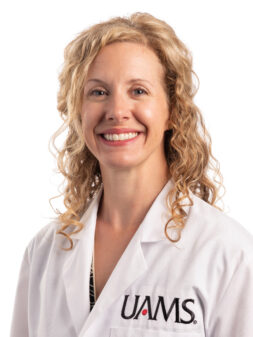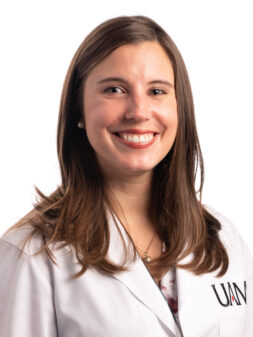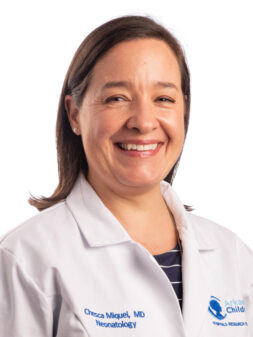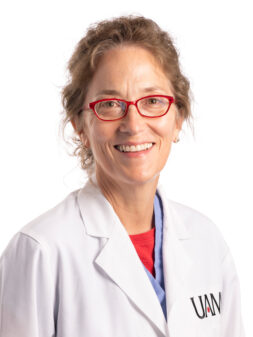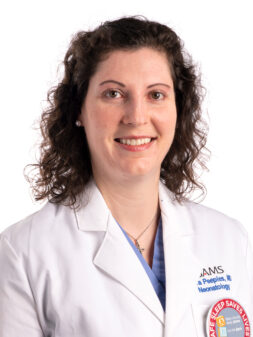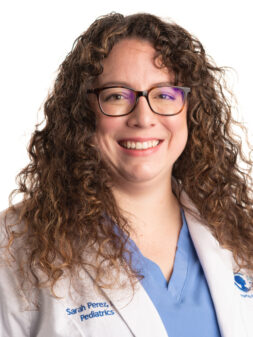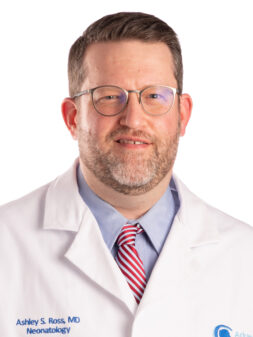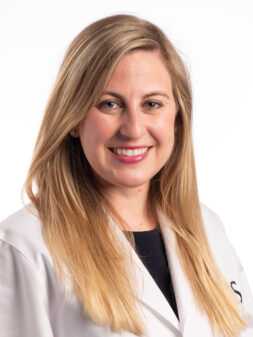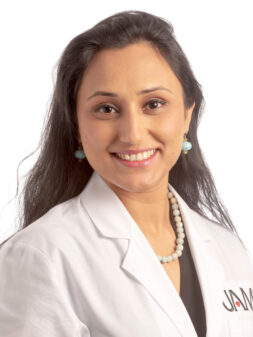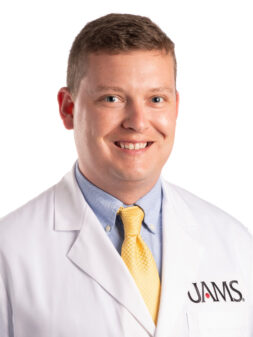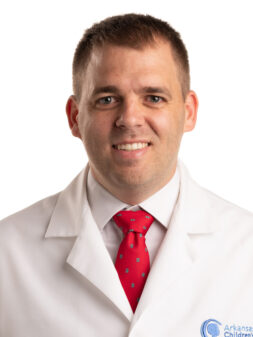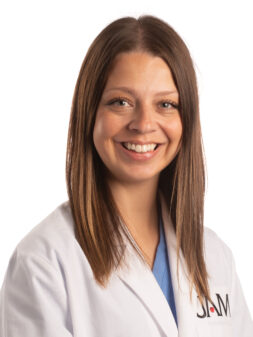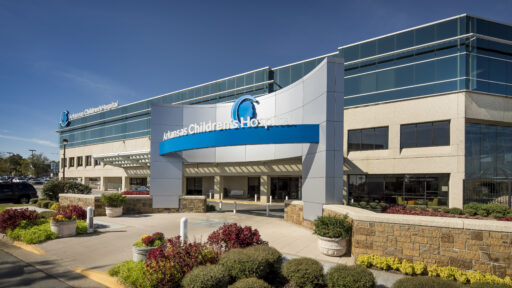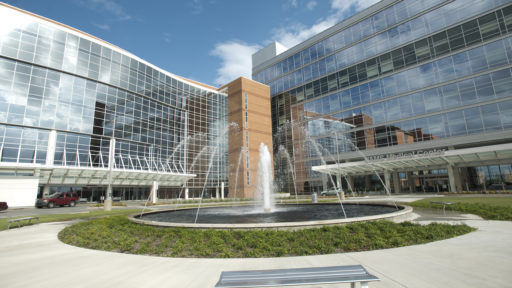Also called: Neonatology; Neonatal-Perinatal Medicine; Neonatal Care
Bringing a baby into your family is a unique experience. In fact, every birth is different and special. Let our expert team at UAMS Health take some of the worry out of your delivery and put yourself and your baby in our care.
Sometimes, babies need a little extra care after they are born. At UAMS Health, we care for babies in our state-of-the-art neonatal intensive care unit.
Who Is Involved in Neonatal Care?
Caring for a baby takes a whole team of experts. The primary doctor who cares for your baby is called a neonatologist. A neonatologist is a pediatrician (children’s doctor) and has special training in caring for sick babies. At UAMS Health, our NICU is staffed by experienced doctors, nurses, therapists, dieticians, pharmacists, and more.
The neonatal care program at UAMS Health also includes patient education and lactation consultation so that each family leaves our care with the knowledge they need to support the health of their baby.
What Sets Neonatal Care at UAMS Health Apart
You’ve waited months to meet the newest member of your family and at UAMS Health, we do our best to keep you together.
Many of the babies we care for are:
- Born prematurely/preterm (called preemies)
- Multiple gestation babies (twins, triplets, etc.)
- Diagnosed with congenital anomalies before birth
When a baby stays in the NICU, UAMS Health keeps you connected and promotes bonding with your baby. To support your connection with your baby, we offer:
- Angel Eye cameras so that you can see your baby if you aren’t physically present
- Private rooms for our patients, including rooms made especially for twins to stay together
- Kangaroo care (skin-to-skin contact) to help with bonding, baby’s development, and mom’s breastfeeding and milk supply
- The option to stay in your baby’s room overnight
- A new Ronald McDonald Family Room for day use and overnight stays by families and older siblings
Newborn Hospital Medicine
Term newborn hospital medicine is an essential component of neonatal care, focusing on the medical assessment and management of infants born at full term (generally considered those born between 37 and 42 weeks of gestation). When a baby is born, it undergoes multiple evaluations to ensure it is adapting well to life outside the womb. Physical exams, metabolic screenings, and hearing tests are standard to detect any immediate health concerns that could arise after the baby is born.
Common illnesses and conditions evaluated in term newborns include jaundice, which results from elevated bilirubin levels in the blood; respiratory issues such as transient tachypnea of the newborn; potential infections; and metabolic disorders detected through newborn screening tests. It’s worth noting that while some of these conditions may resolve on their own or with minimal intervention, others may require more intensive care, such as phototherapy for severe jaundice or antibiotics for suspected infections.
Apart from direct medical care, a significant aspect of term newborn hospital medicine is ensuring the healthy growth and development of the infant. Monitoring feeding patterns, weight gain, and overall well-being are paramount during this period. Moreover, parent education plays a critical role. Healthcare professionals provide guidance on topics like breastfeeding, safe sleep practices, infant care basics, and when to seek medical attention. This foundational knowledge aims to equip parents with the tools and confidence they need to care for their newborns once they leave the hospital.





